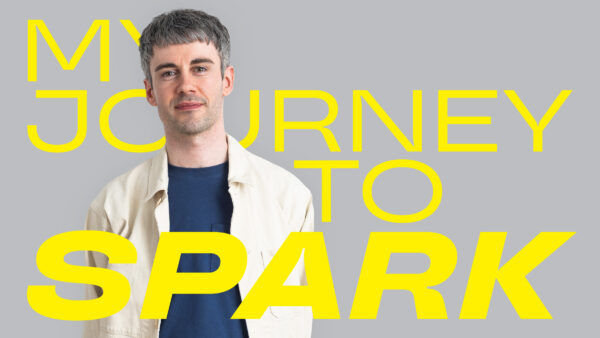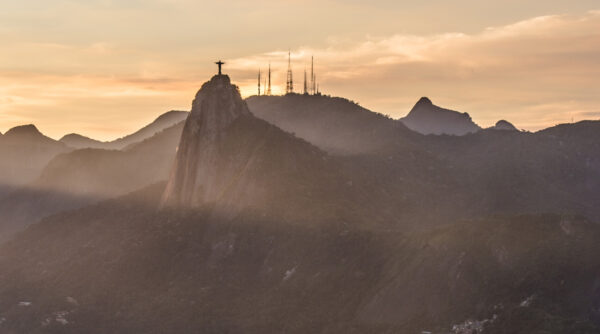
Ryan Lochte: a brand ambassador out of his depth


It’s the Olympic story running away with itself. USA swimmer Ryan Lochte’s misadventures at a gas station in Rio have cost him dear, but it’s only in the last few days we’ve realised exactly how dear that really is…
When brand ambassadors go bad
We all now know what went down in Rio, but the saga still rumbles on. Earlier this week, one by one, Lochte’s extremely lucrative sponsorship deals were pulled. First came an announcement from Speedo, then Ralph Lauren, then skincare firm Synernon-Candela and finally Japanese mattress maker Airweave. ESPN and E! News have both reported that the loss of these sponsorship deals could leave Lochte up to $1m out of pocket. Speedo’s announcement (on Twitter no less) perhaps best summed up the mood:
“While we have enjoyed a winning relationship with Ryan for over a decade and he has been an important member of the Speedo team, we cannot condone behavior that is counter to the values this brand has long stood for.”
“Values” is the word on which this whole issue hinges. Brands identify the people they want to be associated with by the values (athleticism, victory, creativity, “cool,” etc) they are perceived to convey. If they align, the brands seek to bandwagon and bask in the reflected glory. However, the Lochte scandal is a textbook example of what happens when the relationship between brand and ambassador breaks down.
Can ambassadors ever be good value?
Brands want people who embody their values, but in practice the reality falls far short of the ideal. What happens when brand ambassadors turn out to be all too human? Usually, it ends poorly for the ambassador. Lochte is by no means the first athlete to get caught out, as his teammate and fellow swimmer Michael Phelps found out after being dropped by Kelloggs in 2009 when pictures of him smoking marijuana surfaced. Other brands who’ve ditched celebs after scandals include Gillette jettisoning Tiger Woods after his affairs, Coca-Cola letting footballer Ronaldinho go after he was pictured at a press conference conspicuously drinking Pepsi, Chanel and Burberry severing ties with Kate Moss after her ‘Cocaine Kate’ phase and car rental firm Hertz speeding away from OJ Simpson after his well-publicised murder trial.
However, it’s not just celebrities who get burned. Shell was stung recently after an environmental campaign sought to get Lego to drop their partnership with the oil giant. After huge public pressure and an award-winning attack ad, the toy company did eventually sever ties, and Shell caught a lot of bad publicity as a result.
Rooting for the underdog
On the other hand, some commentators are increasingly concerned with the undue influence brands exert over the people they sponsor. While it’s hard to feel sorry for Lochte, many other Olympians rely on their sponsorship deals to pay for their training regimes. A loss of sponsorship can mean a loss of livelihood.
There is a global aspect too. An athlete caught taking, say, marijuana, isn’t that big a story any more in the West, but if their sponsor has dealings in places like Saudi Arabia or China, then it becomes a different ballgame. The question then becomes: “is it fair for big brands to expect a different level of moral conduct from their ambassadors?” Should brands be making moral judgements at all?
Ultimately, while Lochte isn’t exactly the brightest set of trunks in the kitbag, he’s unlikely to be the last celeb who slips up. What’s changed is that, now social media can turn any mishap into global news, big brands are increasingly wary of who they partner with. Can any company be truly 100% assured their newest ambassador isn’t a ticking timebomb? On the flipside, can any celeb be sure their sponsors won’t pull a deal for something trivial…? Until the dust settles it is hard to tell, but it seems likely that both brands and ambassadors will be monitoring the Lochtegate fallout for a long time to come.
So, what do you think? Do brand ambassadors deserve some slack or is it all par for the course?